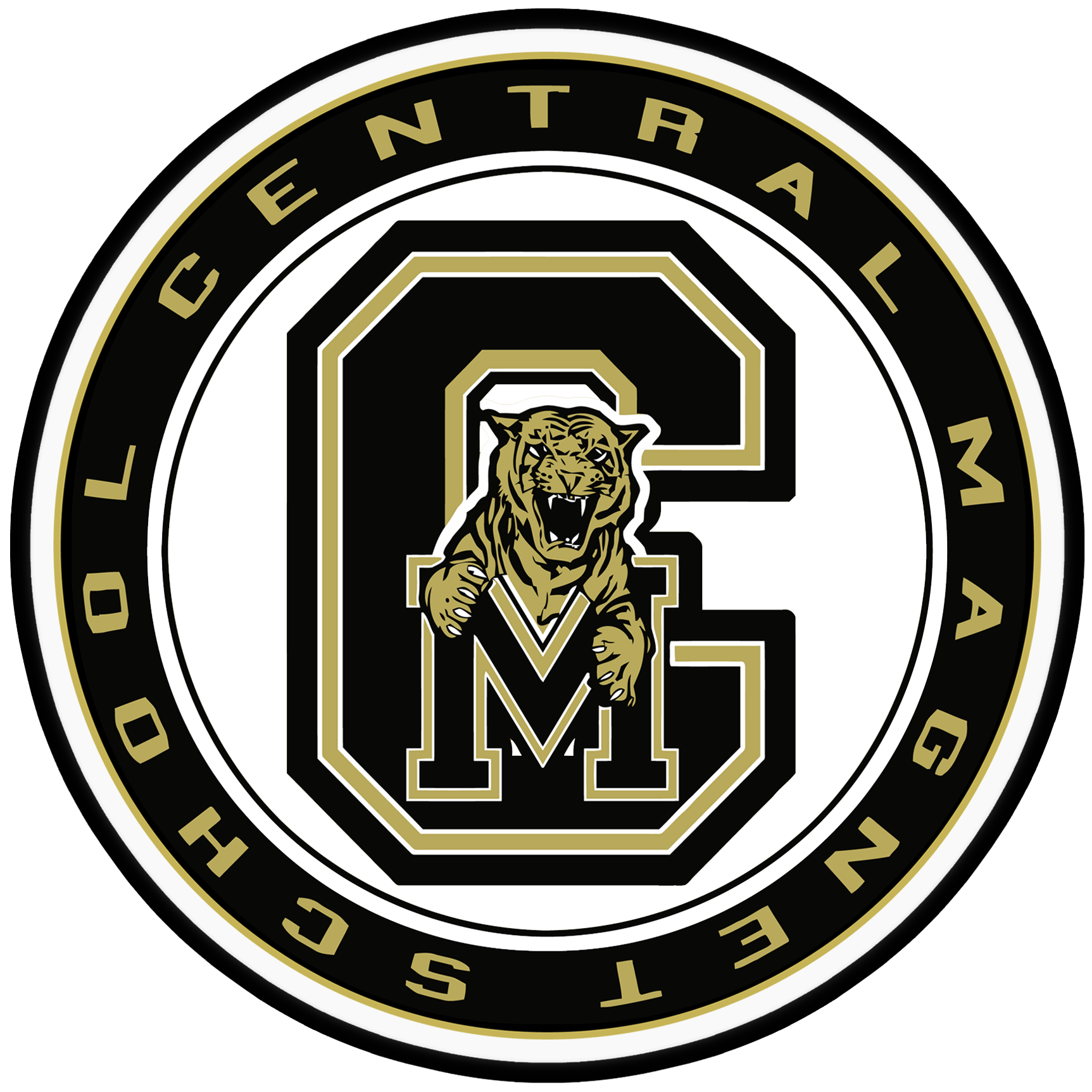Linguistics Club at CMS
Middle School and High School
Club Rotation E
We meet in Room 200
Club Rotation E
We meet in Room 200
Next meeting: January 12th
Please be sure to opt in to the club or else you cannot attend the meetings. If you are having difficulty with this process, please contact Mr. Noelle or Mrs. Boost.
We have a Teams page. See Mr. Noelle or Mrs. Boost to join.
Sign up for the Remind by texting @cmslin to 81010.
Description: We discuss language learning, current issues, and etymology, and we work on logic puzzles which focus on questions involving finding patterns in other languages. All of the information you need to solve the puzzles is in the puzzles themselves. All you need to add is some analytical reasoning and tricky thinking.
If this sounds appealing, come to Linguistics Club in room 200 during Rotation E. If you like it, you can work with other students to be a part of the team which will represent Central Magnet School at the BGLO in the fall and the MTSU Linguistics Olympiad in the spring semester. Stay tuned!
If this sounds appealing, come to Linguistics Club in room 200 during Rotation E. If you like it, you can work with other students to be a part of the team which will represent Central Magnet School at the BGLO in the fall and the MTSU Linguistics Olympiad in the spring semester. Stay tuned!
Check out this site for some other puzzles: Linguistics Challenge Puzzles (princeton.edu)
Here are lots of ONLINE practice problems (PDFs also available).
Helpful Links and Resources:
MTSU Linguistics Olympiad Schedule
Omniglot: the online encyclopedia of alphabets and languages
English Etymology
Google's Endangered Languages Project
National Geographic Enduring Voices Project (endanged languages)
Buy these online if you are interested:
A Linguistics Workbook:Companion to Linguistics, Sixth Edition (2010)
Ann K. Farmer & Richard A. Demers
ISBN# 978-0-262-51482-8
Looking at Languages: A Workbook in Elementary Linguistics (2011)
Paul R. Frommer & Edward Finegan
ISBN# 978-0-495-91231-6
Lang101 Workbook: Linguistics Exercises & Activities for Starters (2012)
Madalena Cruz-Ferreira & Sunita Anne Abraham
ISBN# 978-1475057362
An Introduction to Language (2010)
Victoria Fromkin, Robert Rodman, & Nina Hyams
ISBN# 978-1-4282-6392-5
Linguistics: An Introduction to Language and Communication (2010)
Adrian Akmajian, Richard A. Demers, Ann K. Farmer, & Robert M. Harnish
ISBN# 0-262-01185-9
